International envoys will meet at the United Nations headquarters in New York later this month to discuss reviving efforts toward a two-state solution to the Israeli-Palestinian conflict, a French diplomatic source said Wednesday.
The ministerial-level meeting, scheduled for July 28–29, will be co-chaired by France and Saudi Arabia and aims to renew momentum for the creation of a sovereign Palestinian state, long delayed by decades of Israeli occupation, attacks and failed negotiations.
French Foreign Minister Jean-Noel Barrot is expected to attend, according to his office.
The meeting will seek to advance recognition of Palestinian statehood by countries that have yet to take that step — including France — while also addressing broader regional efforts to normalize ties between Arab and Muslim nations and Israel.
“The objective is to move forward on recognition of a Palestinian state by states that have not yet done so,” the French diplomatic source said, noting that regional normalization must go hand-in-hand with justice for the Palestinian people.
The conference had originally been set for June but was postponed due to Israel’s escalating military campaign against Iran.
World leaders are expected to reconvene in either Paris or New York in September ahead of the U.N. General Assembly, where calls for Palestinian self-determination are likely to take center stage.
Last week, French President Emmanuel Macron called for joint recognition of a Palestinian state by France and the United Kingdom. France has previously stated it would not act unilaterally, hinting at a desire to coordinate with key Gulf allies such as Saudi Arabia.
While Israel has pursued normalization with several Arab states under the U.S.-brokered Abraham Accords, Saudi Arabia has made it clear that it will not establish ties with Israel unless there is meaningful progress toward ending the war in Gaza and realizing a just two-state solution.
Palestinian officials have welcomed renewed international attention but have cautioned that peace efforts must address the root causes of the conflict, including occupation, displacement, and the ongoing humanitarian crisis in Gaza.

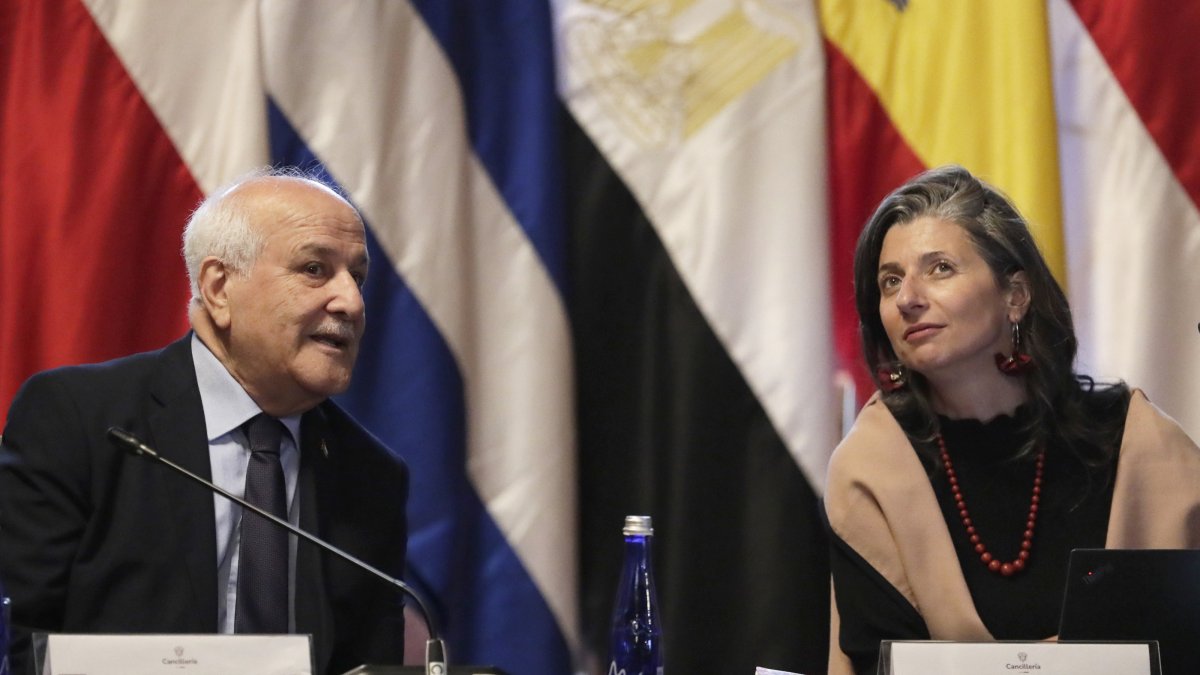
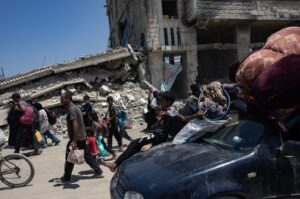


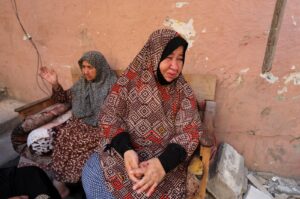


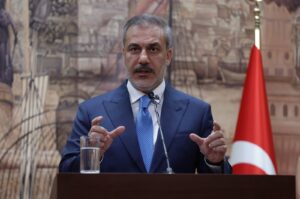









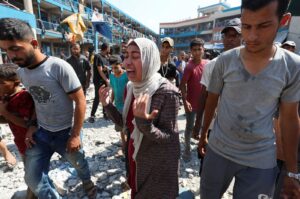





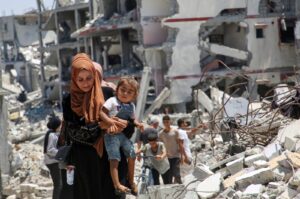

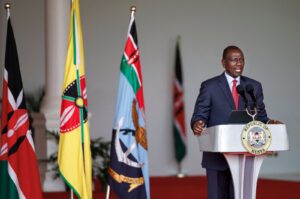



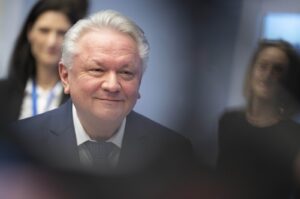



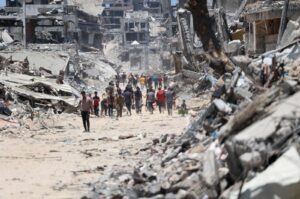
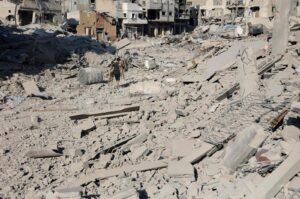

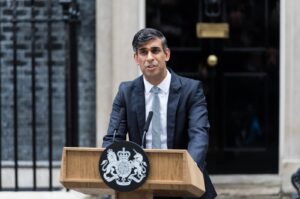
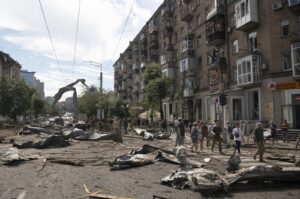






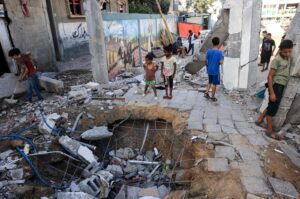
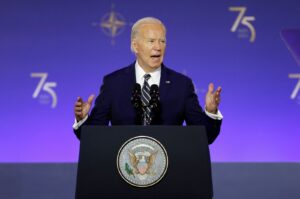





Be First to Comment